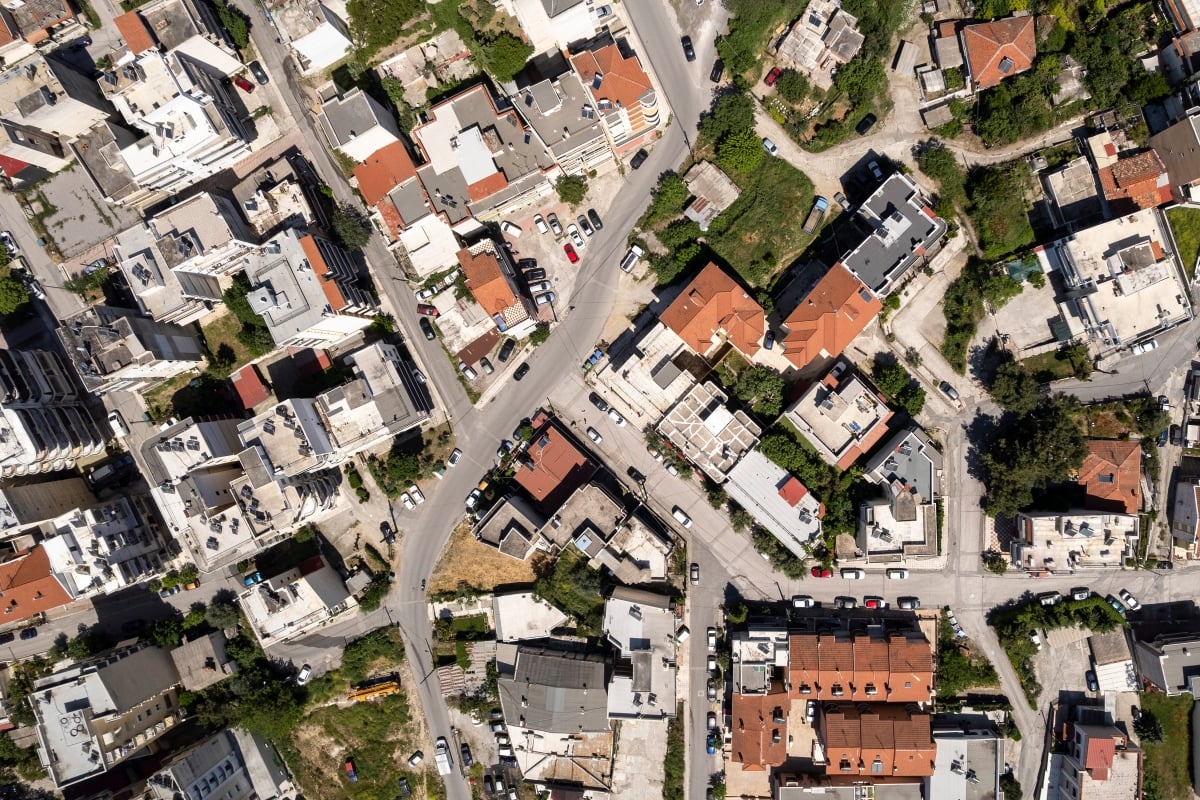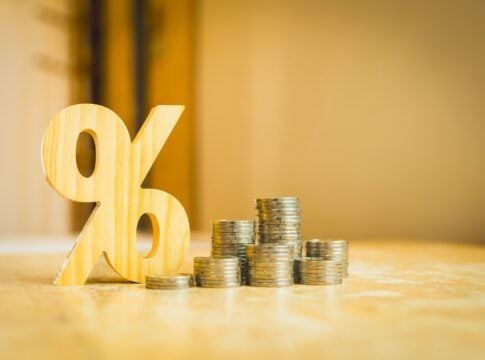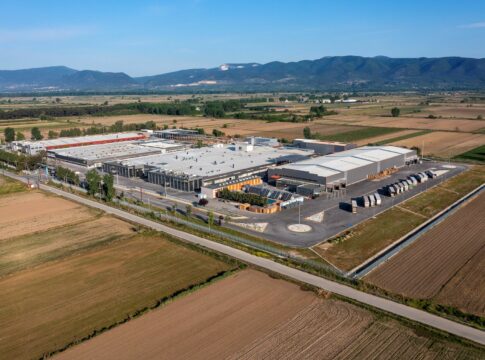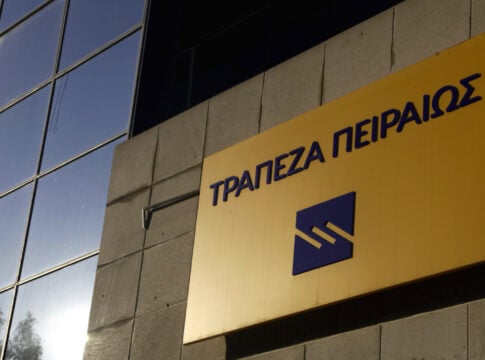The rekindling of investment activity recorded in the last twelve months is spread across the entire spectrum of business activity and is not one-dimensional, a development that is particularly positive.
The energy sector has the first say in investments, which is leading the market for two reasons. The first concerns the energy transition, which changes the energy mix, with green energy gaining ground.
The second reason concerns the geopolitical developments and especially the Russia-Ukraine war, which led to the imposition of sanctions and the restriction of the supply of Russian natural gas and Russian oil.
Strong investment activity is recorded in construction and infrastructure, telecommunications, transport, real estate, with demand being fueled from Greece and abroad, in IT and Data Centers, in the food industry, in the health sector, and also in retail trade. Banks are not left behind in this investment spree.
More specifically:
1 ENERGY
Investments in the energy sector amount to tens of millions underlining their significant contribution to the national and global economy.
The largest energy Greek companies have revealed extensive plans confirming the above estimates.
The implementation of the objectives of the National Energy and Climate Plan until 2050, in terms of gross added value, translates into +16 billion euros for constructions, +27 billion euros for machinery and equipment, +3.5 billion euros for metal products, +15 billion for vehicles and +6.5 billion for professional services.
2 INFRASTRUCTURE – CONSTRUCTIONS
Moderate optimism prevails in the construction market, which has a high backlog of public and private projects.
At the same time, however, the construction industry faces significant obstacles, such as the rising cost of materials, the environment of high interest rates and, above all, the lack of engineers and labor.
3, 7 TELECOMS – DATA CENTER
The bet of phasing out copper and replacing it with modern fiber optic networks (FTTH) is dominating the telecommunications market. Based on the announcements of major telecom companies – OTE, Vodafone, Nova, and PPC – which is also entering the technology sector, more than 95% of the connections will be FTTH in about 5 years.
Key to increasing the use of fiber optic networks is the digitization of the public and private sector, which in combination with new technologies such as Artificial Intelligence multiplies the needs for investments in Data Centers. The mobility observed in this sector maintains the expectation that, in 4 to 5 years, Greece will be the number 2 hub in the Mediterranean, after Marseille (today number 1) based on available capacity.
4 TRANSPORT
A series of investment are launched in domestic freight transport, logistics and airports, with the aim of promoting the country as a transit hub of SE Europe, in combination with strengthening the competitiveness of the internal market, due to the rise of e-commerce and courier services, but also of serving the growing tourist flows.
5 REAL ESTATE
Expectations for the Greek real estate market for the next period remain positive, despite increased construction costs and high interest rates.
In the housing sector, prices are now only slightly away from the historically high level of 2008. Demand, which is also fueled by the interest of foreign nationals, remains greater than supply and this maintains the upward trend of prices. Based on the estimates, in the coming years the rate of price increase is expected to be contained at the level of 3% to 5%.
6 IT SECTOR
The IT sector, and especially the business software sector, shows intense mobility, despite international pressures and geopolitical uncertainty, as well as technological developments.
8 FOOD
The funds available to the food sector, industry and retail exceed 1.2 billion euros, to support the development plans that have been implemented and are about to be completed in the next two to three years.
9 PHARMACEUTICALS
The Greek pharmaceutical industry is proceeding with significant investments of 1.2 billion euros, with a horizon of 2026.
10 BANKS
Domestic banks remain particularly frugal in their investment plans, after 15 years of divestment and shrinking of their presence abroad, but also liquidation of activities.















